NOTE FROM THE AUTHOR: In the main body of this article, I will reproduce the official response of Nigeria to baseless allegations made by General Abdourahamane Tchiani who leads the military junta of Niger Republic ever since the coup d'état of 26 July 2023.
Despite his allegations, General Tchiani has not withdrawn Niger troops from the Nigerian-led Multinational Joint Task Force (MNJTF), which is still actively hunting terrorists of all shades—Boko Haram, the Ansaru Movement and Islamic State-West Africa Province (ISWAP) —that operate in the remote border regions of four countries, namely Benin Republic, Cameroon, Chad, Niger and Nigeria.
Each of the four countries contribute military troops, which are under the overall command of a Nigerian army general. The current overall commander of the MNJTF is Nigeria’s Major-General Ibrahim Sallau Ali who has his headquarters in neighbouring Republic of Chad.

The Niger military junta pulled out of the ineffectual EU-funded G5 Sahel Joint Force on 2 December 2022, but wisely decided to restore cooperation with the armed forces of Nigeria on border security after a period of standoffishness.
The conciliatory move by the junta was a key factor in the decision of the senior hierarchy of Nigerian armed forces to drop its strident support for military intervention to reverse the coup d'état that overthrew the civilian President of Niger, Mohammed Bazoum, who had unequivocally cooperated with the Nigerian Army on securing the shared 1,600-km-long international border that is prone to jihadi terrorist infiltration.
Once the Nigerian military high command dropped its pro-intervention agitation, President Bola Tinubu lost the only domestic constituency that supported his original plan to go into Niger Republic and reinstate the deposed Bazoum government.
Without any domestic support, Tinubu refused all entreaties by USA to go ahead and intervene in Niger. He also quashed agitation from smaller member-states of ECOWAS that wanted a strict implementation of the ECOWAS protocol that facilitated military interventions in Liberia (1990, 2003), Sierra Leone (1997), Guinea-Bissau (1998, 2012, 2022) and Gambia (2017).
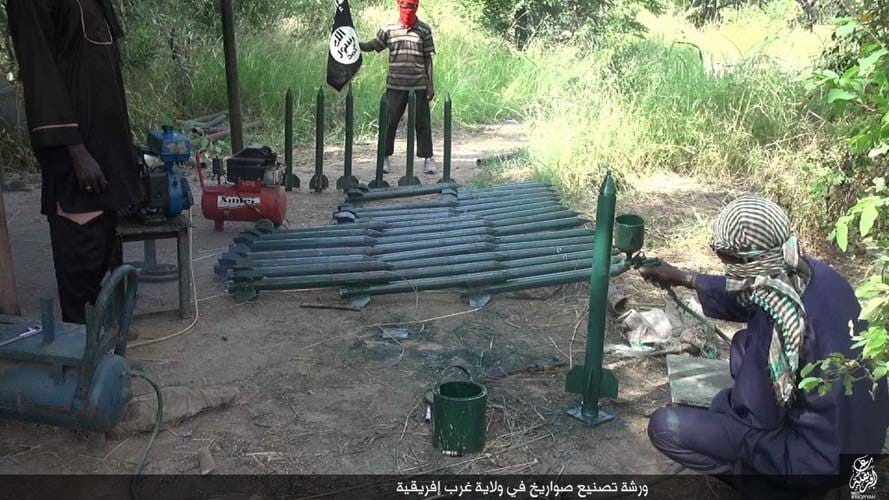
ECOWAS is a regional organisation that Nigeria created in 1975 to economically integrate West Africa under its leadership. Years of political instability and civil wars— often fostered by incessant coup d'états— caused ECOWAS to institute a protocol that allowed for military intervention in troubled member-states.
There was nothing unusual about the ECOWAS attempt to intervene in Niger Republic. In fact, on 2 February 2022, Nigerian-led ECOWAS troops intervened in Portuguese-speaking Guinea-Bissau to scuttle an attempted coup d'état. That particular event passed completely unnoticed by pundits in the alternative media space. Below is a short video clip of the ECOWAS intervention:
Contrary to popular mythology in the alternative media, France has never had any strong influence on Anglophone Nigeria. France is an important trade partner for Nigeria, but its political influence is almost zero. In fact, France’s hope of a Nigerian-led military intervention in Niger was hinged on two factors:
President Tinubu would follow ECOWAS intervention protocol as his predecessors have done many times in the past. While in office, the recently retired former Nigerian President Mohammed Buhari authorized military interventions in Gambia (2017) and Guinea Bissau (2022). The Guinea-Bissau intervention occurred exactly 22 days before Russian troops invaded Ukraine.
In the event that President Tinubu backtracked on the issue, France believed that the highly influential Americans would be able to coax him into a military intervention.
However, I predicted in an article on 12 August 2023 that Tinubu’s decision would depend solely on the domestic political situation within Nigeria, and not on the wishes of Blinken, Sullivan and Nuland. As I explained in a different article, strong domestic disapproval within Nigeria—coupled with Tinubu’s own seething animosity against the Biden Administration— meant that France’s hope was dashed.
For readers who don’t already know, Tony Blinken’s State Department supported the genuinely popular third-party candidate (Peter Obi) who ran against Tinubu in the 2023 Presidential Election. In the aftermath of that controversial election, the Americans made empty threats about imposing sanctions on electoral commission officers and Tinubu’s political party over credible allegations of electoral malpractices. After making a big show of refusing to acknowledge Tinubu as the “duly elected” President, the Americans grudgingly published a congratulatory note and sent a State Department delegation to Tinubu’s presidential inauguration ceremony.
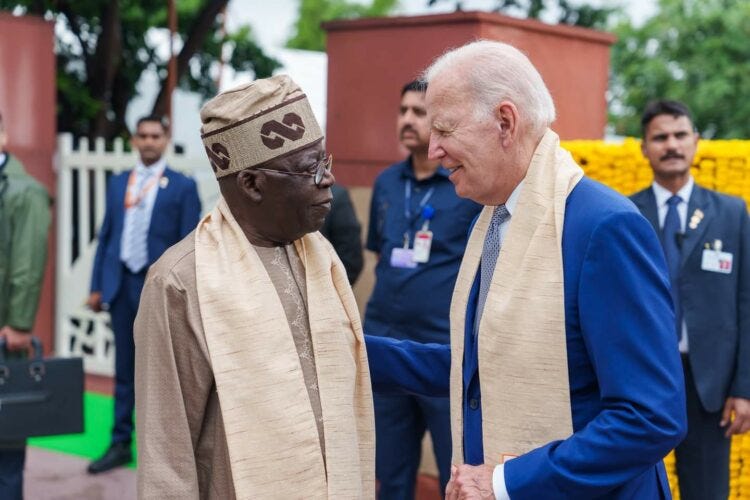
Apart from its membership of the MNJTF, the Niger military junta is also an active member of the Lake Chad Basin Commission (LCBC), which is largely funded by Nigeria. The LCBC brings eight countries together to fight jihadi terrorism in the Chad Basin Area, which overlaps with the Sahel Belt. The eight countries belonging to LCBC are Nigeria, Algeria, Libya, Cameroon, Chad, Niger, Central African Republic and Sudan.
Okay, that is enough background information from me. Below is Nigeria’s official rebuttal of allegations levelled by the military junta of Niger Republic.
OFFICIAL STATEMENT FROM THE FEDERAL GOVERNMENT OF NIGERIA
The Federal Government of Nigeria strongly rejects allegations made in a viral video by the military leader of Niger Republic, General Abdourahamane Tchiani, claiming non-existent collusion between Nigeria and France to destabilize his country.
These claims exist solely in the realm of imagination, as Nigeria has never engaged in any overt or covert alliance with France— or any other country—to sponsor terrorist attacks or destabilize the Niger Republic in the wake of the undemocratic change in the leadership of that country.
President Bola Ahmed Tinubu, as Chairman of ECOWAS, has demonstrated exemplary leadership, keeping the doors of the sub-regional body open to re-engaging Niger Republic despite the political situation in the country.
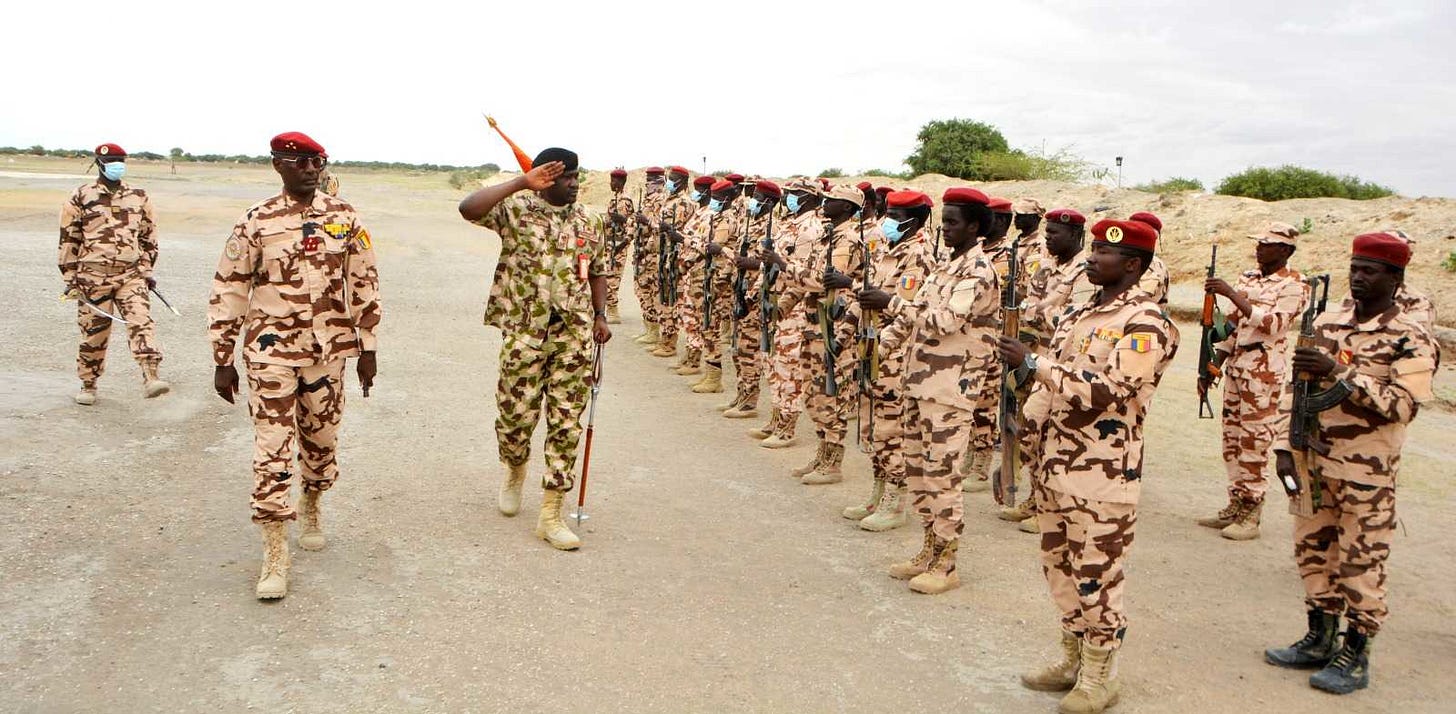
Nigeria remains committed to fostering peace, harmony, and historic diplomatic ties with Niger. Nigeria’s Armed Forces, in collaboration with partners in the Multinational Joint Task Force, are succeeding in curbing terrorism within the region.
It is, therefore, absurd to suggest that Nigeria would conspire with any foreign power to undermine the peace and security of a neighbouring country. Neither the Nigerian government nor any of its officials has ever been involved in arming or supporting any terror group to attack Niger Republic.

Furthermore, no part of Nigeria has been ceded to any foreign power for subversive operations in Niger Republic. We reiterate our full support to senior Nigerian government officials for their untiring commitment to fostering peace and security between the government and people of Nigeria and Niger, and for their efforts towards stronger cooperation in the ECOWAS region.
Nigeria has a long-standing tradition of safeguarding its sovereignty and territorial integrity. Unlike some nations, Nigeria has never permitted foreign powers to establish military bases on its soil. This demonstrates our commitment to national independence and regional leadership.
The accusation that Nigeria seeks to sabotage Niger’s pipelines and agriculture is both unfounded and counterproductive. Nigeria has consistently supported Niger’s economic development through joint energy and infrastructure projects, such as the Trans-Saharan Gas Pipeline and the Kano-Maradi Railway Project.

It is illogical to suggest that Nigeria would undermine initiatives it has actively promoted. The claims about the alleged establishment of a so-called “Lakurawa terrorist headquarters” in Sokoto State, purportedly orchestrated by Nigeria in collaboration with France, are baseless.
Nigeria has been a regional leader in combating terrorism, dedicating significant resources and lives to ensure stability in the Lake Chad Basin and beyond. Recently, the Nigerian military launched Operation Forest Sanity III to specifically address the threat of the Lakurawa terrorist group.
How can a government actively fighting the Lakurawa menace now be accused of harbouring the same group within its borders? These accusations lack credible evidence and seem to be part of a broader attempt to deflect attention from Niger’s internal challenges. The public is urged to disregard these false allegations.
Those making such claims, particularly the military leader of Niger Republic, must provide credible evidence to substantiate them. Any attempt to blackmail Nigeria over the principled stance taken by ECOWAS against the unconstitutional seizure of power in the Niger Republic is both disingenuous and doomed to fail.

General Tchiani’s allegations are not only unfounded, but also a dangerous attempt to divert attention from his administration’s shortcomings.
Nigeria remains committed to fostering regional stability and will continue to lead efforts to address terrorism and other transnational challenges. We urge Niger to focus on constructive dialogue and collaboration rather than peddling baseless accusations.
*******
POSTSCRIPT : I am not a fan of the incompetent Bola Tinubu-led Nigerian government, but I agree 100% that the allegations of the Niger military junta are ludicrous. I guess that merely claiming to be “anti-French” and “anti-imperialist” is not enough to grow an economy or quickly be rid of marauding jihadi terrorists.
With the suffocating French presence gone, the junta is struggling to come up with excuses to explain to its domestic populace why the standard of living and security situation in Niger has not magically improved.
I maintain that it was economically disastrous for landlocked Niger, Mali and Burkina Faso to cut themselves off from coastal ECOWAS member-states on which they are heavily dependent for access to seaborne international trade.
It is also disastrous that the Malian junta is quarrelling with Algeria over the former’s refusal to implement a peace process that the latter brokered some years ago. This process would have seen Tuareg separatists laying down their arms so that Mali could focus exclusively on combating jihadi terrorism.
Meanwhile, periodic quarrels arise between the Tchiani-led military junta and neighbouring Benin Republic— an ECOWAS member— that provides the seaport enabling the export of crude oil piped from landlocked Niger to overseas customers. I shall be writing more about neighbouring Niger Republic sometime in the new year. Until then, Merry Christmas & Happy New Year to all my esteemed readers.
Dear reader, if you like my work and feel like making a small donation, then kindly make for my Digital Tip Jar at Buy Me A Coffee. You can also click the yellow image above.

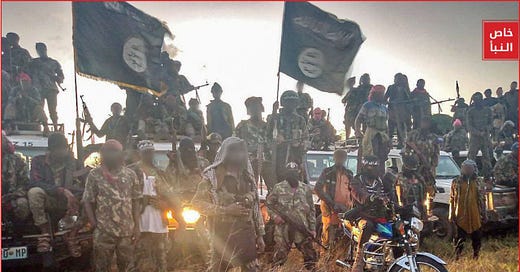


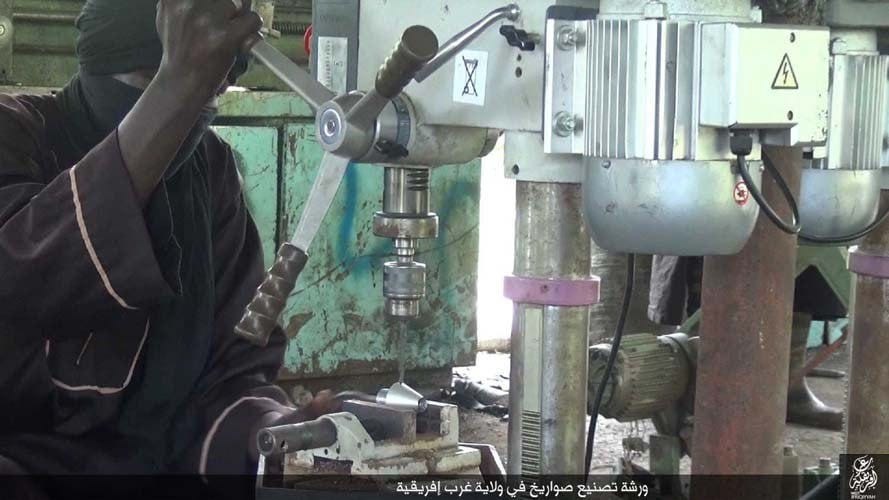
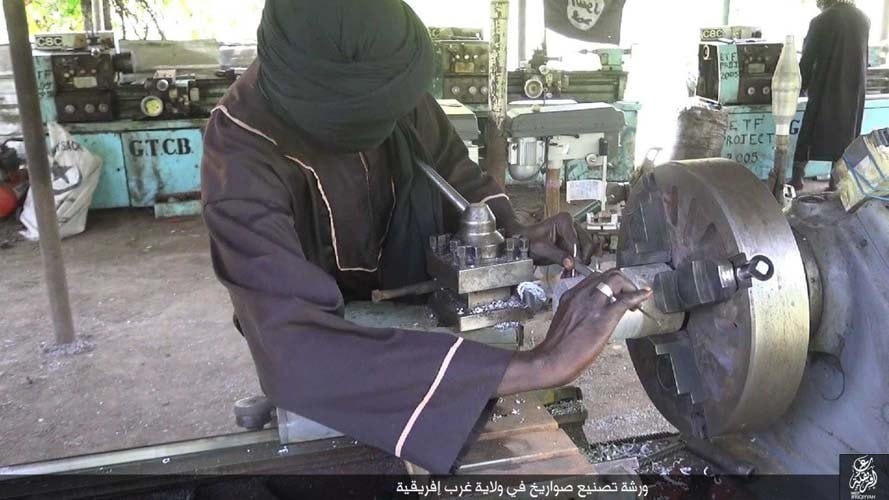
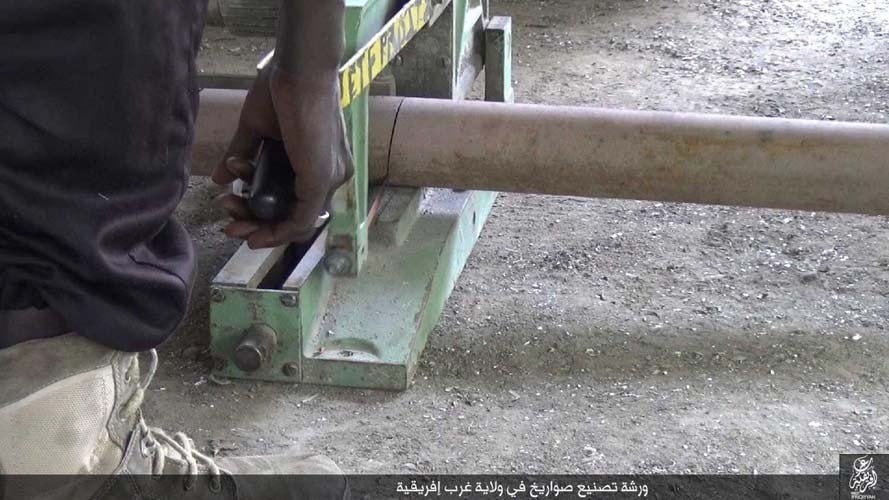
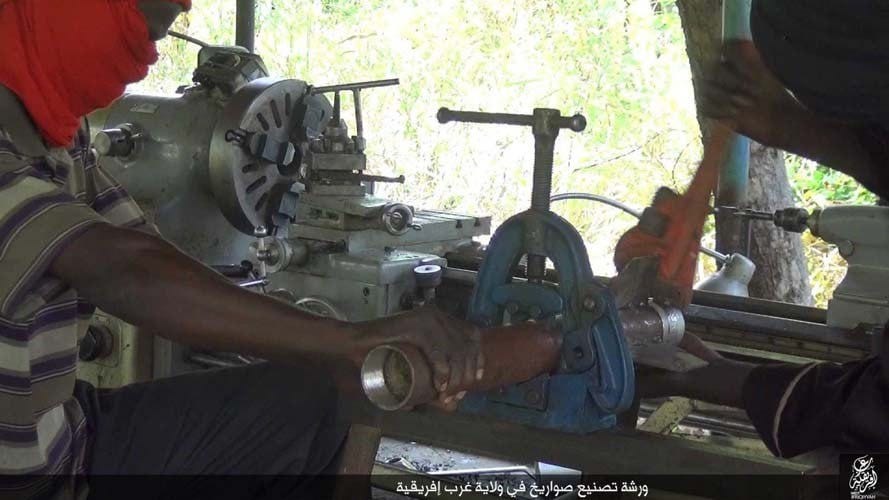
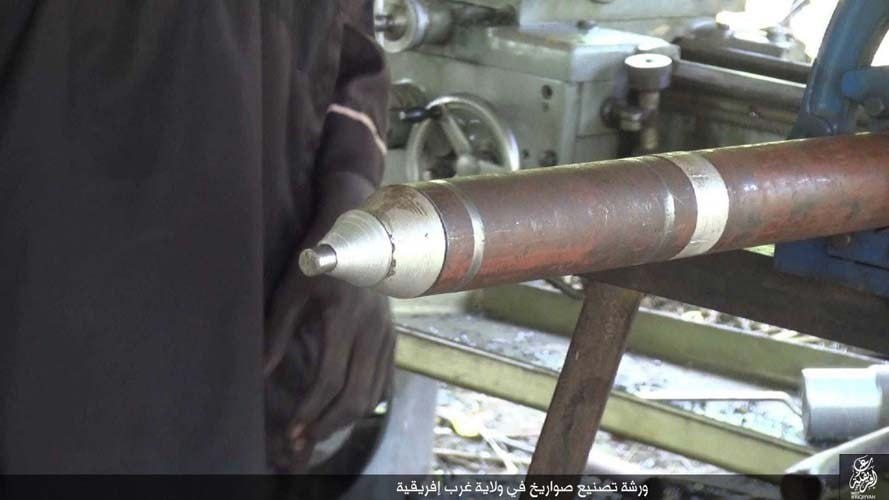
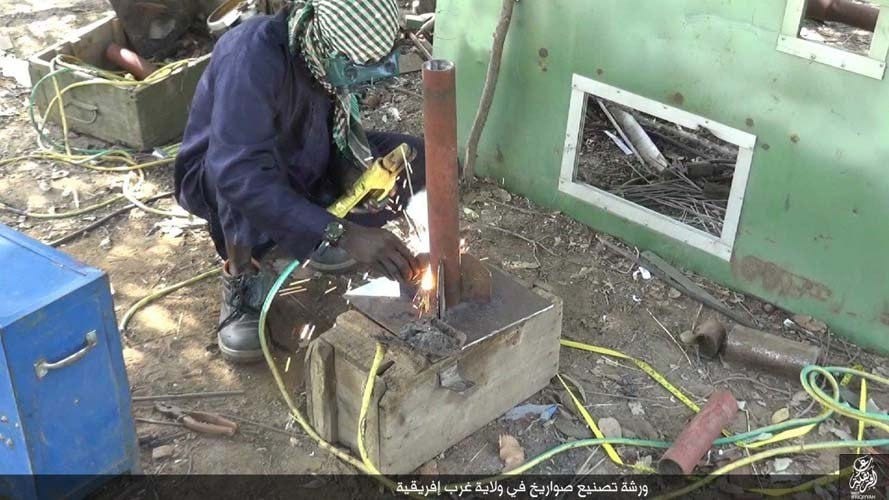


No matter how much Nigeria refutes Niger's allegations, this will not change much in the eyes of the populations of these countries who want to leave ECOWAS. In the space of 2 years, Nigeria has gone from being a model country in these countries to an imperialist country. The reasoning in these countries is sometimes as follows:
No ECOWAS member country will go and fight in these countries without Nigeria because it has more weight than the others, and if Nigeria decided to go and fight, the others would follow.
This reasoning may seem far-fetched but it works for the people.
The same kind of reasoning applies to ECOWAS:
When the terrorists attacked our countries with your democratically elected presidents, you did nothing, but when our soldiers took power to protect us from the terrorists, you began to take an interest in our countries, to the point of wanting to reinstall your comrades.
When our soldiers took power, you imposed sanctions on us and that prevented us from fighting the terrorists effectively. So ECOWAS and the terrorists are long-distance buddies with the blessing of the eternal imperialists: France and the USA.
-You talk to us about democracy but when one of your cronies changes the constitution of his country to stay in power you say nothing...
Here is some of the reasoning that goes on in these countries, especially at grassroots level.
This reasoning may seem absurd, but it is simple, effective and has a certain honesty about it, and I don't see how ECOWAS can get away with it.
Generally speaking, I think that ECOWAS has failed these countries a little bit by lumping them all together without taking into account the mentalities of the populations of each country, or their leaders. It tends to forget that there is a certain interdependence between the actions, the rhetoric of the military in power and the expectations of the people with regard to them.
Take the example of Burkina Faso, which I know a little well. If by chance the military were to organise elections at the moment, the president would be overthrown within 6 months to 1 year, especially if terrorism is still present. So if you talk about elections, they tell you that elections are for << those who have food to eat, those who have land to cultivate >>. The military in power even rely on this argument to do nothing, because they themselves are not safe from a coup d'état, especially if the population begins to understand that they are not as effective as they claim.
I don't know how things work in other countries such as Niger or Mali, but with such a view of things, ECOWAS can do nothing.
What's more, it has just given these countries another reason by extending their withdrawal by 6 months, which seems a bit desperate. Whatever happens in these countries during this period, they will hold ECOWAS responsible.This is perhaps the background to the allegations made by the President of Niger.He has found an opportunity to vent internal stress on Nigeria.The allegations could have been made about ECOWAS, but what better place than Nigeria or Côte d'Ivoire, depending on whether you are in Burkina Faso or Niger.